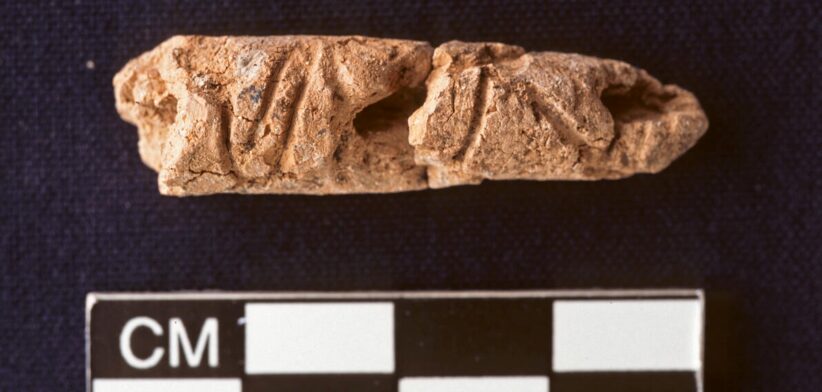Scientists believe writing found on 4400-year-old artefacts could be the earliest example of an alphabet.
Johns Hopkins University Professor Glenn Schwartz said the markings were found on small clay cylinders excavated from a tomb in Syria.
Professor Schwartz said the writing, which was dated to around 2400 BCE, preceded other known alphabetic scripts by roughly 500 years.
“Alphabets revolutionized writing by making it accessible to people beyond royalty and the socially elite,” he said.
“Alphabetic writing changed the way people lived, how they thought, how they communicated.”
Professor Schwartz said the new discovery showed that people were experimenting with new communication technologies much earlier, and in a different location, than researchers had imagined.
“The cylinders were perforated, so I’m imagining a string tethering them to another object to act as a label. Maybe they detail the contents of a vessel, or maybe where the vessel came from, or who it belonged to.
“Without a means to translate the writing, we can only speculate.”
He said using carbon-14 dating techniques, researchers confirmed the age the artefacts and the writing.
“Previously, scholars thought the alphabet was invented in or around Egypt sometime after 1900 BCE,” Schwartz said.
“But our artefacts are older and from a different area on the map, suggesting the alphabet may have an entirely different origin story than we thought.”








